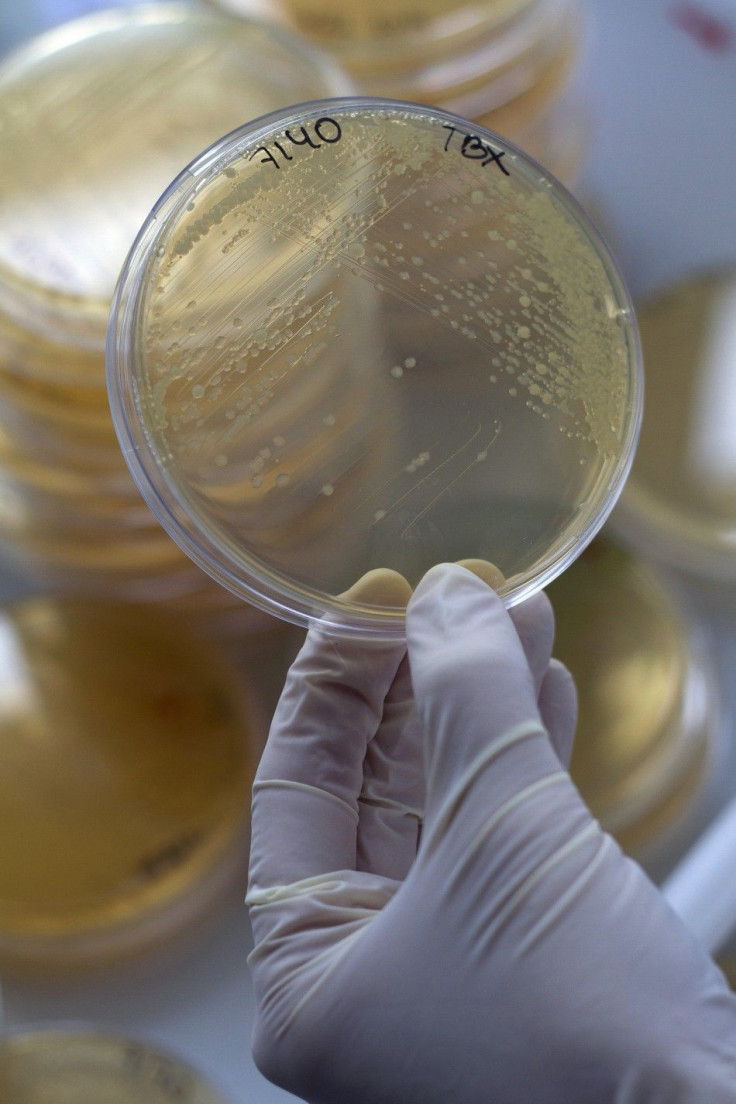E. Coli Outbreak: Are Egyptian Fenugreeks Lethal?

The European Union has banned Egyptian fenugreek seeds.
Economists are uncertain what effect the ban will have on Egypt's economy, already crippled by the recent revolution.
Egypt authorities deny that its fenugreek seed shipments to Europe are the source of an E. coli pandemic that has killed over 50.
The European Food Safety Authority published a report last Tuesday acknowledging the possibility of Egyptian fenugreek seeds causing the outbreak.
There is still much uncertainty about whether this is truly the common cause of all the infections as there are currently no positive bacteriological results, said the Authority's recently published Joint Rapid Risk Assessment.
No conclusive findings have shown that the fenugreek seeds caused the outbreak.
Scrambling to avoid a blow to the nation-in-transition's economy, today Egypt's Ministry of Agriculture published a statement saying that it tested fenugreek seeds from the source of Europe-bound shipments, and all came out negative for the virus that ravaged Germany last month.
If fenugreek seeds sprouts are suspected to be contaminated with E. coli pathogenic strain, it could be related to different handling processes as the re-packing or water used for sprouting, the Ministry wrote, pointing fingers back at Europe for the outbreak.
The Egyptian fenugreek seeds exported from Egypt to France in 2009 via four European human health quarantine authorities (Netherlands - Germany - UK - France), and no authority approved any contamination.
There is much fear that unresolved allegations could cripple Egypt's moves to rebuild its economy on agricultural exports at a time when democratization depends heavily on economic stability.
Last time European scientists pointed fingers, Spanish
farming group Agricultural Cooperatives reported that the international community's resultant import bans on Spanish cucumbers cost up to $287 million, endangering 70,000 jobs, particularly in the economically disadvantaged South.
German Chancellor Angela Merkel promised to push for European Union (EU) aid to Spain in compensation for her administration's gaffe.
But after the EU offered Spain assistance to the tune of over $220 million, the Spanish agricultural minister Rosa Aguilar rejected the offer saying that the amount would not be enough to offset an economically devastating hit to her country's farmers.
© Copyright IBTimes 2024. All rights reserved.





















